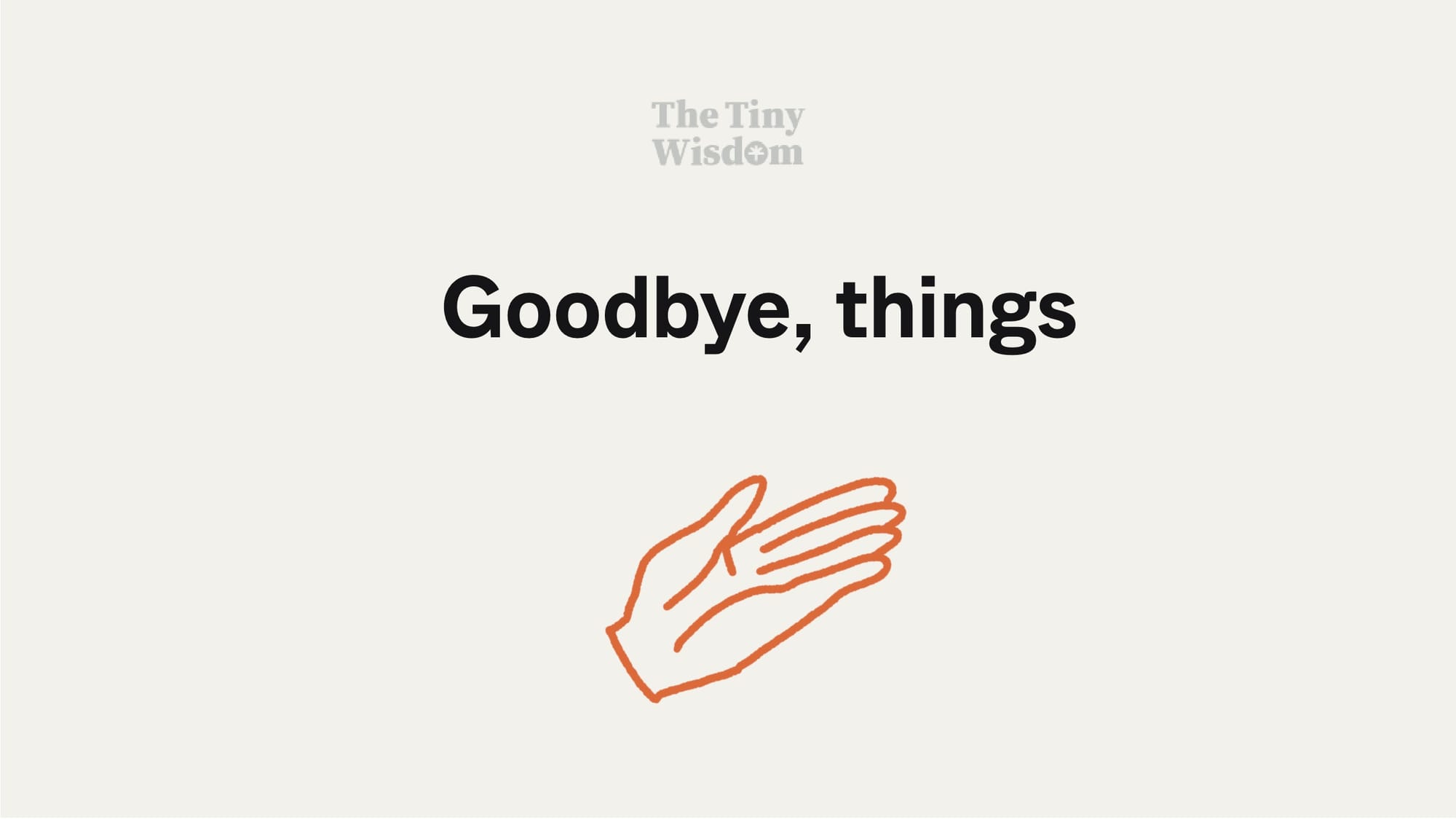Goodbye, things

I recently revisited a book I read back in 2018 about living with a minimalist’s lifestyle. The book is called “Goodbye, Things” by Fumio Sasaki.
What I enjoy about his approach to minimalism is that minimalism is not a one-size-fits-all approach.
Personal preferences for minimalism
Sasaki adopts a rather extreme form of minimalism, living only in a small apartment with only the bare essentials. His transformation involved discarding almost all of his possessions, which allowed him to gain a new sense of freedom, focus, and gratitude.
This radical approach might seem daunting to many. Still, Sasaki emphasizes that the essence of minimalism lies in finding what truly brings joy and value to one's life rather than adhering to a strict set of rules.
The essence of minimalism lies in finding what truly brings joy and value
As Sasaki presents it, minimalism can vary greatly from person to person. For some, it might mean living with just a backpack's worth of belongings, embracing a nomadic lifestyle with minimal physical attachments.
For others, it could simply involve decluttering their living space to create a more organized and peaceful environment while keeping items they genuinely enjoy and find useful.
Understanding yourself and why you have things
Sasaki's narrative is filled with practical tips and exercises that help readers identify their priorities and begin decluttering. He encourages a mindset shift where experiences, relationships, and personal growth are prioritized over material accumulation.
This approach allows individuals to tailor minimalism to their own needs and circumstances, making it a flexible and personal journey.
The book also delves into the psychological and emotional benefits of minimalism. By letting go of unnecessary possessions, Sasaki found that he was able to liberate himself from the burden of maintaining and organizing clutter, freeing up time and mental space to explore his passions and pursue meaningful connections.
This aspect of minimalism—focusing on what truly matters—resonates deeply and can be adapted to various degrees depending on individual preferences.
My journey to Minimalism
I adopted Sasaki’s minimalism concept and have decluttered many things I don’t need in my life.
T-shirts at the bottom of my cabinet that I haven’t used for years, shoes I kept since high school just because, and all the random toys & trinkets I got and I didn’t remember why.
This mindset helped me think deeper about what I truly enjoy. It made me realize my own values and preferences. And more importantly, it made me understand myself even more as it helped me declutter my thoughts, not just my things.
In conclusion, "Goodbye, Things" by Fumio Sasaki is a powerful reminder that minimalism is about more than just getting rid of stuff; it's about creating a life that aligns with your values and brings you genuine happiness.
It's a personal journey that would help you find yourself in the process.
If you enjoy learning about these kinds of things, I think you would enjoy a book that my friend, Rahul has made: Kokoro - 31 Timeless Lessons from the Japanese Culture.

I hope you find this insightful. Remember:
It's not going to be easy
But it's not impossible
Your friend,
Brian

